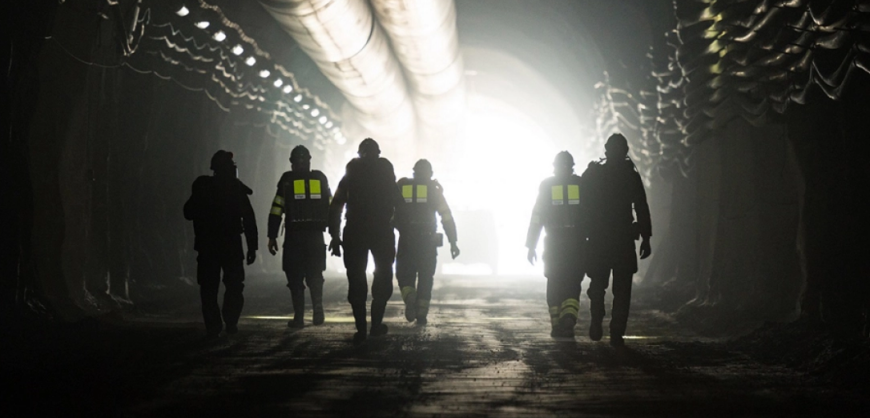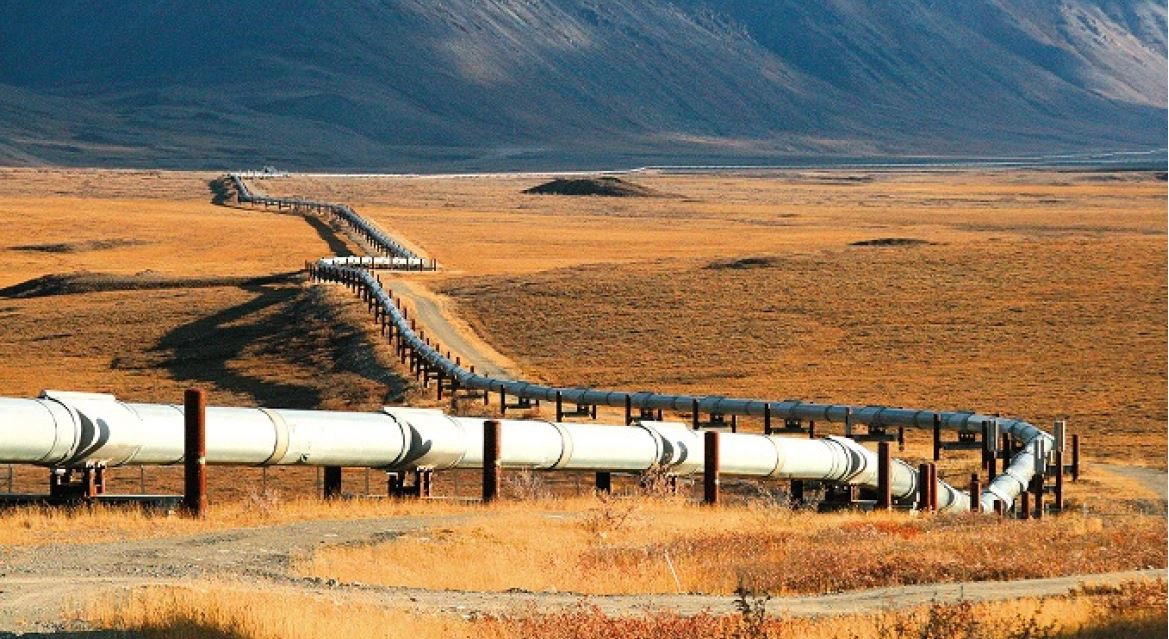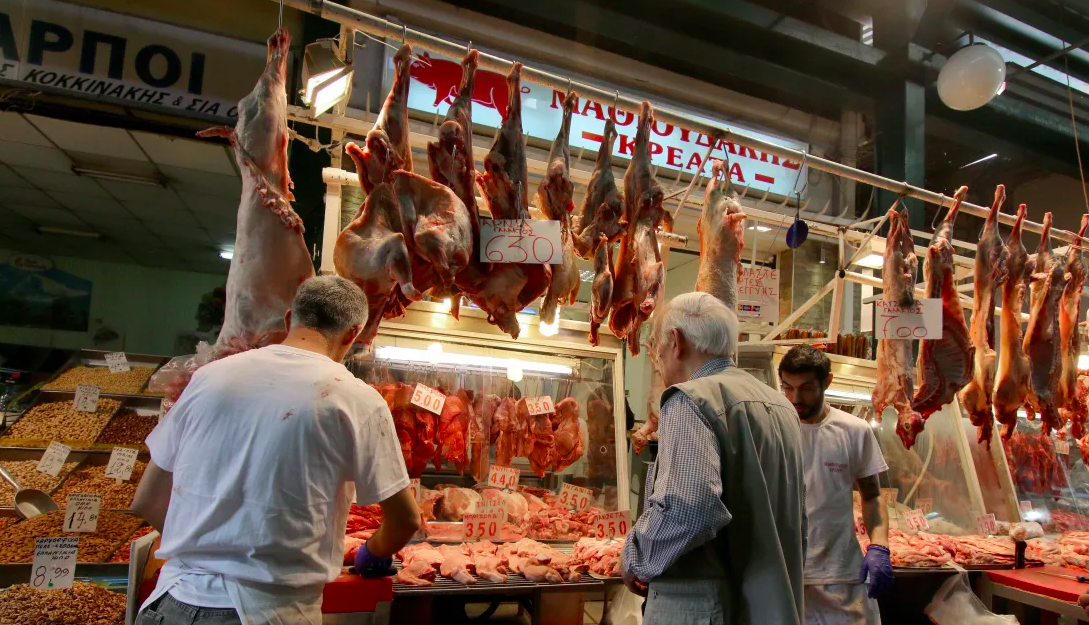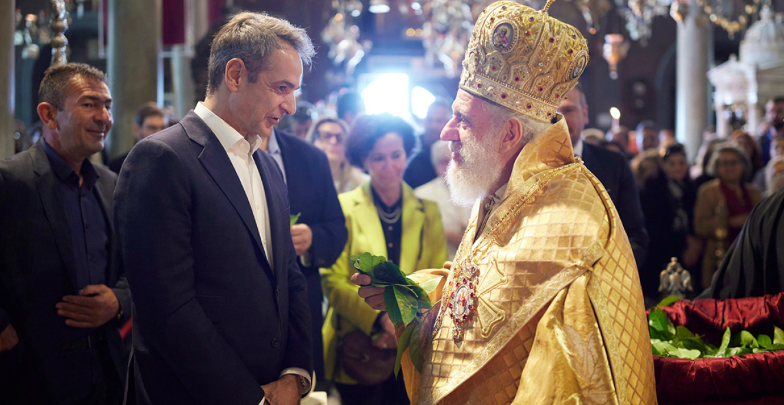The environmental damage the Chinese Communist Party is causing through its Belt and Road Initiative (BRI) is immeasurable. According to Professor William Laurance of James Cook University in Cairns, Australia:
“Across the globe, on nearly every continent, China is involved in a dizzying variety of resource extraction, energy, agricultural, and infrastructure projects — roads, railroads, hydropower dams, mines — that are wreaking unprecedented damage to ecosystems and biodiversity,”
The most recent example of the BRI’s environmental devastation is West Africa. The government in Sierra Leone recently sold off to Communist China 250 acres of protected rainforest and beach land — an ecotourism spot with rare and endangered marine species. The plan, according to Sierra Leone, is to build a fishing harbor there. Critics, however, call it a “catastrophic human and ecological disaster”. Several do not believe that the plan is for a harbor but rather for a fishmeal factory. Activists are seeking to stop the project.
Critics have reason to be concerned: In nearby Gambia, in 2016, the Chinese Communist Party company Golden Lead, as part of the BRI built a fishmeal factory in the coastal city of Gunjur. Fishmeal, ground fish made into a powder to feed fish raised in aquaculture — fish farming — across the world, including in China and Norway, is a billion dollar industry. Aquaculture, in fact, accounts for roughly half of the world’s fish consumption. Shortly after the fishmeal factory had begun operating, wildlife in the lagoon of the local wildlife reserve, Bolong Fenyo, began to die of illegal toxic waste from the factory. Despite widespread local protests, Gambia, a country that depends on foreign investment reportedly continues to allow the waste.
“The fishmeal business is wreaking havoc on the environment, local employment, food security and the tourism economy, scientists, Gambian activists and locals have warned,” wrote the Guardian in March 2019.
“What we are seeing is not development,” Gambian biologist Ahmed Manjang said. “This is exploitation.”
In addition to the fishmeal factories, China’s distant water fishing fleet is depleting the fish stocks of Western Africa, adding to the pressure on supply.
Read more: Gatestone Institute






































